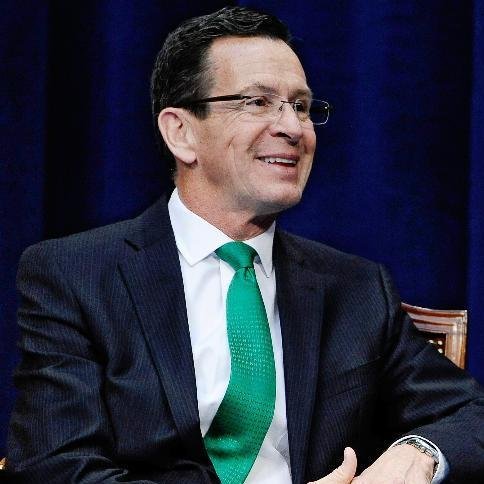
Governor Dannel P. Malloy and the commissioners of the Department of Emergency Services and Public Protection, the Department of Correction, and the State Department of Education today announced that – in response to increasing concerns regarding the impact that a recent presidential executive order on immigration matters and corresponding implementation memos from the U.S. Department of Homeland Security will have on the operations of local law enforcement and school districts – they are sending recommendations to every school superintendent and police chief in the state outlining suggested protocols to help these jurisdictions inform local decision making and communication efforts with families in their respective communities.
The recommendations includes, but are not limited to, the following:
- Local law enforcement should not take action that is solely to enforce federal immigration law. The federal government cannot mandate states to investigate and enforce actions that have no nexus to the enforcement of Connecticut law or local ordinances.
- ICE detainer requests are requests, they are not warrants or orders and this should only be honored as set forth in Connecticut law, unless accompanied by a judicial warrant.
- Law enforcement should not provide access to individuals who are in law enforcement custody for purposes of questioning by ICE and any such request, as noted above, should be referred up the chain of command for evaluation.
- If an ICE agent approaches a school asking for student information or for access to a student, that agent should be referred to the Superintendent’s Office or to the office of an appropriate administrator designated by the Superintendent.
“Putting all opinions about this presidential executive order aside, its enforcement is going to have a local impact, especially given the constrained resources and financial impact this will have on state and municipal budgets, which we already know are stretched to their limits, in addition to giving rise to serious concerns in affected communities,” Governor Malloy said. “Above all, we are obligated protect the rights afforded to all our residents and ensure that students attend safe, welcoming schools. The best approach for local communities is to have a plan in place so that everyone in our state, including young students, are supported respectfully and fairly under the laws of our state and our nation.”